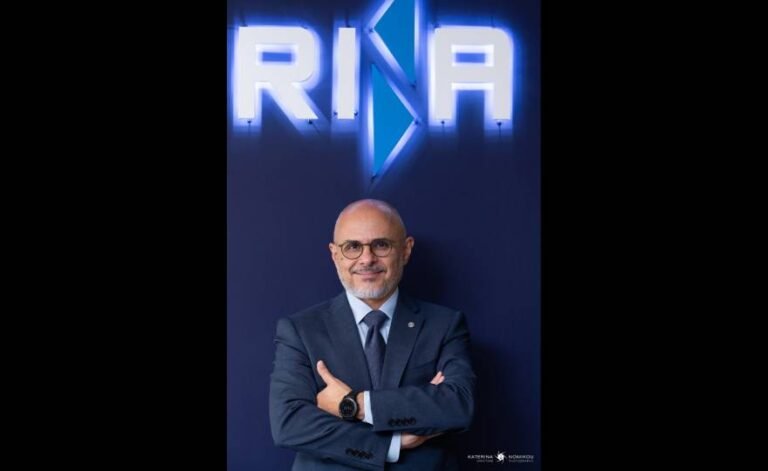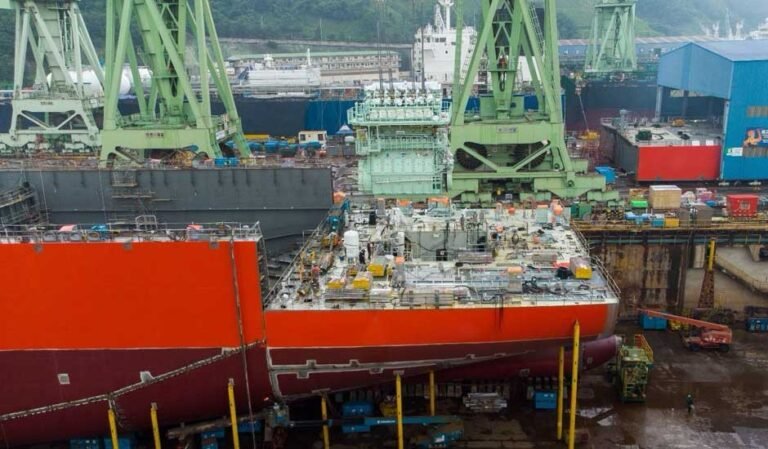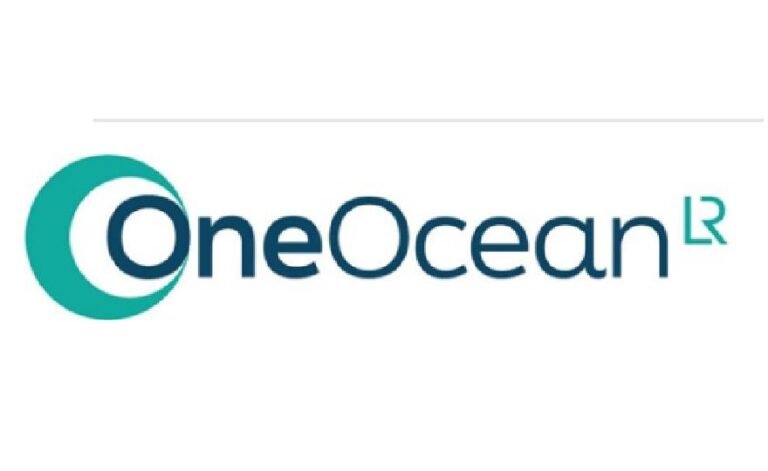
In a constantly changing global industry, driving forward maritime standards is something the Maritime and Coast- guard Agency continues to make a priority.
The ongoing work of the UK Ship Register to meet the challenges of those changes and the formation of the Maritime Future Technologies (MFT) team is a big part of that.
Any organisation will tell you that the decisions it makes today in the face of the challenges it meets will determine how it makes a difference in the future. For the UK Ship Register, the challenges of taking on digitalisation of its services, life after EU Exit and the impact of COVID-19 have brought changes for the better in how it operates.
Everyone remembers where they were when the consequences of COVID-19 began to affect them personally. For the UK Maritime Ser- vices Team and the UK Ship Register, the challenge was extensive – how to get crews home. At one stage, there were more than 13,000 crew across 32 vessels in the UK needing repatriation. Since April 2020, more than 15,000 seafarers have been repatriated, thanks to the work of the UK Maritime Services Team demonstrating the UK Flag’s determination to care for seafarer well-being.
But there is still a challenge to come and one on which the future of the whole world depends – sustainability and decarbonisation in the maritime industry. Against the backdrop of the climate emer- gency that challenges every nation, the Maritime and Coastguard Agency is taking its place in that vital work with the formation of the Maritime Future Technologies Team.
As its name suggests, the team is focussed on the future: for peo- ple, for technology, for sustainability and for the economy.
What is the purpose of Maritime Future Technologies?
The MFT team is working to make sure the UK leads the way to achieving international decarbonisation targets by 2050. It drives forward and supports innovation in emission reduction and autono- mous shipping.
How does MFT operate?
It works with industry to support innovation, challenging the approach to maritime regulation while not compromising safety. It also leads the way in influencing the direction of industry through engagement and informed opinion, building relationships, con- necting ideas to reality and creating an enthusiasm for sustainable change.
Currently collaborative relationships include the Maersk McKinney Moller Center for Decarbonisation and the University of Southamp- ton. The MCA is also a founding member of the Maritime Technolo- gies Forum.
Where does MFT sit within the MCA/UKSR?
The dedicated Maritime Future Technologies team is available to support ship owners and operators, helping to achieve the ambi- tious targets set out in the UK’s Clean Maritime Plan and Maritime 2050 strategy; as well as the decarbonisation targets set by the IMO.
The next decade will see huge leaps in the maritime industry. From changes to the fuels we use, to the greater use of autonomous technology. The Maritime Future Technologies team is here to help anyone sailing under the UK Flag to adapt to these changes respon- sibly, sustainably, and innovatively.
The UKSR is recognised as one of the industry standard setters. By joining the UK Flag, you have the assurance that international mari- time safety and safety at life sea are the absolute priorities.
Dan Vivian, commercial director of the UKSR, said: “The experience of the team allows them to work to balance the need for opera-
tors to commit to sustainable practices, while also keeping their commercial imperatives in mind. This gives UK flag customers a unique benefit that will grow and grow as decarbonisation becomes commonplace.”
RECENT PROJECT – ARMADA
Ocean Infinity has launched a pioneering new marine technology and data company, Armada. It will add fifteen bespoke designed marine robots which are equipped for off- shore data acquisition and intervention operations to a depth of 6,000 metres.
The MFT team provided regulatory and technical guidance for these ‘robot’ ships which require neither people on board nor a host vessel nearby and the fleet approach means that up to 90% less CO2 will be produced compared with con- ventional survey vessels. They will be remotely controlled by experienced mariners from state-of-the-art facilities in Southampton and Texas USA.
YOUR CONTACT IN GREECE
To facilitate easier and more direct local access to the UK Flag for Greek and Cypriot shipping owners and agents, we opened our offices in Piraeus, Greece in 2020. Heading the UKSR’s team in Piraeus is Andriani Vodena, who has many years’ experience in the shipping industry.
* Heading the UKSR’s team in Piraeus







